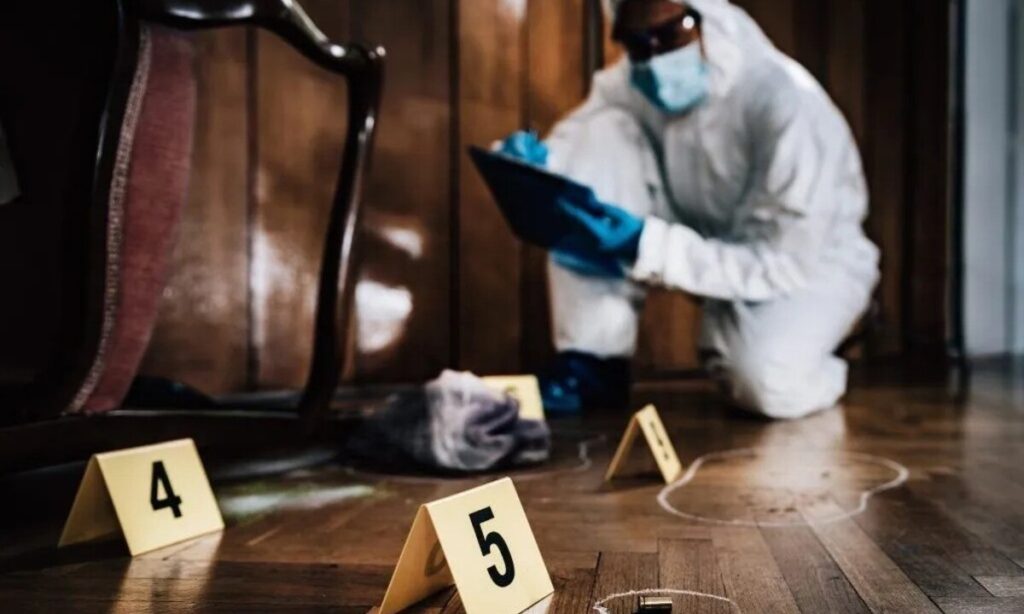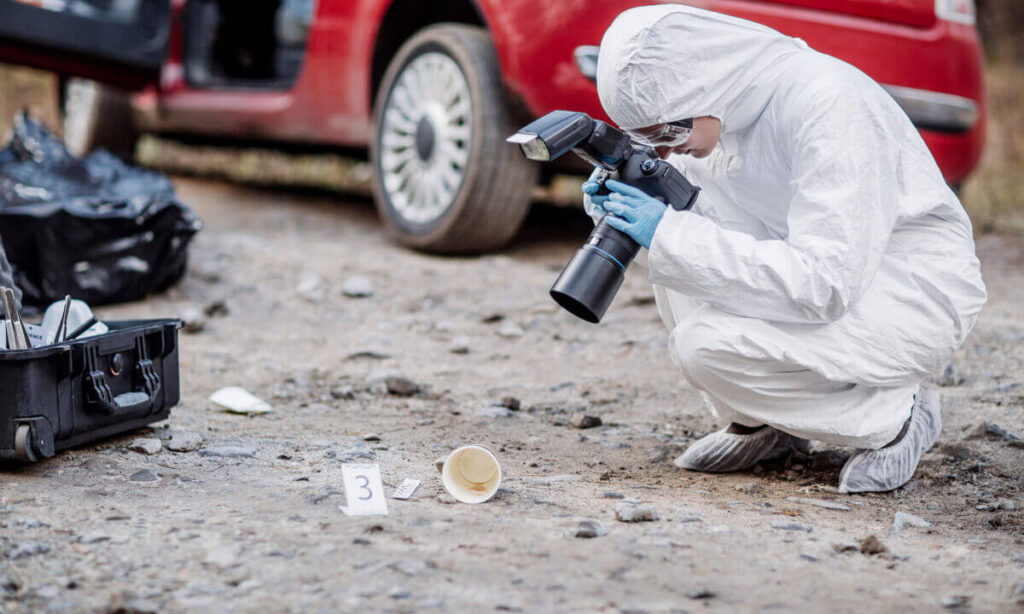For those genuinely interested in mental health and passionate about helping others, a career as a psychiatric technician could be an ideal choice. Psychiatric technicians are essential in the mental healthcare field, offering direct care to individuals facing mental health challenges. Exploring the journey to becoming a psychiatric technician, including the duties, employment outlook, income projections, and essential attributes for excelling in this fulfilling profession.
Responsibilities of a Psychiatric Technician
In the role of a psychiatric technician, the main duty is to provide assistance and support to individuals dealing with mental health disorders. Individuals in this role may work closely with psychiatrists, psychologists, or registered nurses to deliver hands-on care to patients. Responsibilities may involve observing patients’ behaviors, dispensing medications, aiding with daily tasks, and recording patients’ development. Furthermore, you might have to execute treatment plans, oversee therapeutic activities, and offer emotional support to patients and their families.
Steps to Become a Psychiatric Technician
Here are the important requirements for psychiatric technicians nowadays:
1. Education requirements
Completing a postsecondary educational program is necessary to pursue a career as a psychiatric technician. Several community colleges and vocational schools provide programs for psychiatric technicians that can be finished in one to two years. This training combines classroom learning with practical experience to equip you for the requirements of the position.
Throughout your academic journey, you will delve into topics such as mental health disorders, pharmacology, therapeutic techniques, and crisis intervention. Practical experience is gained through clinical rotations in different healthcare settings. Ensuring you receive a quality education is crucial, so selecting a program accredited by the Accreditation Council for Occupational Therapy Education (ACOTE) is key.
2. Training
Upon finishing your educational program, practical experience through on-the-job training will be necessary. This training may be offered by your employer or obtained through an internship or externship program. Throughout the training period, individuals will be mentored by seasoned psychiatric technicians and healthcare professionals to enhance their skills and expertise.
Throughout the training program, individuals will be taught how to communicate with patients, administer medications, execute treatment plans, and manage crisis scenarios. As you begin your role at the healthcare facility, you will gain a thorough understanding of its policies and procedures. Engaging in this practical experience is essential for getting ready to face the demands of working as a psychiatric technician.
Job Prospects for Psychiatric Technicians
There is a projected increase in demand for psychiatric technicians in the near future, driven by the rising need for mental health services. Employment of psychiatric technicians is expected to increase by 9% from 2022 to 2032, outpacing the average growth rate for all occupations, as reported by the Bureau of Labor Statistics. Several factors have contributed to this growth, such as increased awareness of mental health issues, an aging population, and the expanding responsibilities of psychiatric technicians in community-based care. Consequently, there will be numerous job openings for those interested in entering this industry.
Psychiatric Technician Salary
Psychiatric technician salaries can fluctuate based on various factors including experience, education, location, and the type of healthcare facility. As per the data from the Bureau of Labor Statistics, psychiatric technicians had a median annual wage of $37,330 in May 2022. Income disparity was evident, with the bottom 10 percent earning below $24,450 and the top 10 percent making over $63,320. It’s important to consider that salaries can be impacted by various factors, including the employer type (e.g., government or private sector) and the demand for psychiatric technicians in specific regions.
Skills and Qualities of a Successful Psychiatric Technician
To succeed in this field, specific skills and qualities are crucial:
- Empathy and compassion: Empathy and compassion are essential qualities for a psychiatric technician, who will be assisting individuals facing mental health issues. Approaching them with empathy, understanding, and compassion is essential.
- Strong communication skills: Effective communication plays a crucial role in establishing connections with patients, their families, and colleagues in the healthcare field. Active listening, clear communication, and empathy are essential skills.
- Observational skills: Being attentive to details and observing patients’ behaviors and moods is crucial for recognizing changes in their mental health status.
- Patience and resilience: Dealing with individuals who have mental illnesses or developmental disabilities can be quite demanding. Having patience and resilience is crucial when navigating challenging circumstances and offering essential assistance.
- Crisis management: When faced with crisis situations, psychiatric technicians must be ready to respond calmly and effectively. It includes strategies for reducing conflicts, using crisis intervention methods, and prioritizing the safety of everyone present.
Job Duties and Daily Tasks
Job responsibilities for a psychiatric technician may differ based on the healthcare environment and the unique requirements of the individuals under their care. Here are some of the common tasks you may be responsible for:
- Helping individuals with personal hygiene and grooming
- Observing patients’ vital signs and notifying healthcare professionals of any changes
- Following the prescribed medication regimen from doctors
- Carrying out treatment plans and recording patients’ advancements
- Participating in therapeutic activities, such as group counseling or recreational programs
- Addressing emergencies and offering crisis intervention when needed
- Working alongside various healthcare professionals to create and adjust treatment plans
- Ensuring a secure and healing atmosphere for patients
Work Environments for Psychiatric Technicians
Psychiatric technicians have the opportunity to work in a range of settings, such as:
- Psychiatric hospitals: Specializing in the treatment of individuals with mental illnesses, psychiatric hospitals offer intensive care and support.
- Residential care facilities: Residential care facilities provide long-term care and support for individuals with mental illnesses or developmental disabilities who need a structured living environment.
- Outpatient mental health centers: Outpatient mental health centers offer counseling, therapy, and medication management services to individuals with mental health disorders on an outpatient basis.
- Correctional facilities: Psychiatric technicians in correctional facilities provide psychiatric care to inmates with mental health issues.
- Community mental health agencies: Community mental health agencies provide a variety of mental health services to individuals in the community, such as counseling, case management, and crisis intervention.
Continuing Education and Career Advancement Opportunities
For psychiatric technicians, there are numerous chances for further education and progression in their careers. One option is to pursue additional certifications or licenses to specialize in a specific area of mental health, like substance abuse or geriatric care. Furthermore, individuals can enhance their education by pursuing a bachelor’s or master’s degree in a relevant field like psychology or social work. With further education and experience, individuals can potentially progress into supervisory or managerial positions in the mental health sector.
How Long Does It Take to Become a Psych Tech?
The duration to become a psychiatric technician can vary based on the educational route you select. Choosing a postsecondary certificate program usually requires 6 to 12 months for completion. On the other hand, opting for an associate’s degree could extend the duration, usually falling between 1 to 2 years. These timelines are estimated and may differ depending on factors like part-time or full-time enrollment, program structure, and individual circumstances. You also need to participate in on-the-job training after your studies.
Conclusion
Embarking on a career as a psychiatric technician can be a rewarding journey for individuals dedicated to mental health and assisting others. By adhering to the steps detailed in this guide, completing the essential education and training, and honing the necessary skills and qualities, you can start a fulfilling career as a psychiatric technician. It is essential to remain dedicated, compassionate, and committed to delivering top-notch care to individuals with mental health disorders. Being a psychiatric technician plays a crucial role in positively influencing the lives of individuals requiring assistance.
Did you find this article helpful? Check out this article on What Master’s Degree Can You Do With a Psychology Degree? For more articles, check out our website. Thank you for reading!






